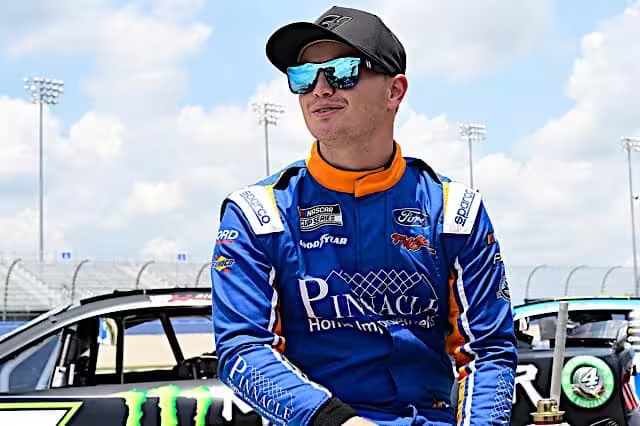Everyone loves an underdog.
As the NASCAR Cup and NASCAR Xfinity series venture to the 2.5-mile Daytona International Speedway this week, one of the stories that will undoubtedly dominate the weekend will be whether or not an unexpected winner will grace the track’s iconic victory lane.
Superspeedways have always been a breeding ground for underdog winners, and Daytona is no different. As Justin Haley, Trevor Bayne and John Andretti can attest to, the equalizer of the draft — or in Haley’s case, thunder and lightning — served as their ticket to glory in a sport where anything and everything can strip away your moment in the sun.
Underdog wins are always perceived as some miraculous occurrence that had to have divine intervention in order to come to fruition. While it’s true that underdogs are deemed as such for a reason, that’s not to say that every underdog win is a fluky triumph that should put a stain on the winner’s name.
Fans will sometimes harshly criticize a driver for being a one-hit wonder or a team for only boasting victories at the drafting tracks of Daytona and Talladega Superspeedway.
The thing is, it’s hard to win a NASCAR race in any of the top-three series, regardless of the quality of the vehicle you have underneath you.
Underdog victories in NASCAR usually happen for one of two reasons: Weather struck at exactly the right time, or that driver and team simply woke up that morning and chose to be dominant.
Such is the case of Andretti’s first Cup Series win in the 1997 Pepsi 400, where the No. 98 Cale Yarborough Motorsports car led 113 of the race’s 160 laps to claim a dominant win that solidified Andretti as a Cup Series talent.
In the 1985 running of the Firecracker 400, it was DiGard Motorsports developmental driver Greg Sacks who took home the trophy in a car that was supposed to be well off the pace. As it turns out, Sacks’ Chevrolet had enough speed to lead 33 laps and help Sacks claim the first and only Cup Series victory of his career.
Bayne’s Daytona 500 win is always mentioned as one of the greatest underdog wins of all time, lest we forget Jeff Gordon tapped the young driver as a potential drafting partner earlier in Speedweeks. Bayne may have only been 20 years old, but his legendary Daytona drive forever immortalized him in NASCAR history.
It’s true that modern-day NASCAR races have a tendency to devolve into utter chaos, especially at the…
Click Here to Read the Full Original Article at …

